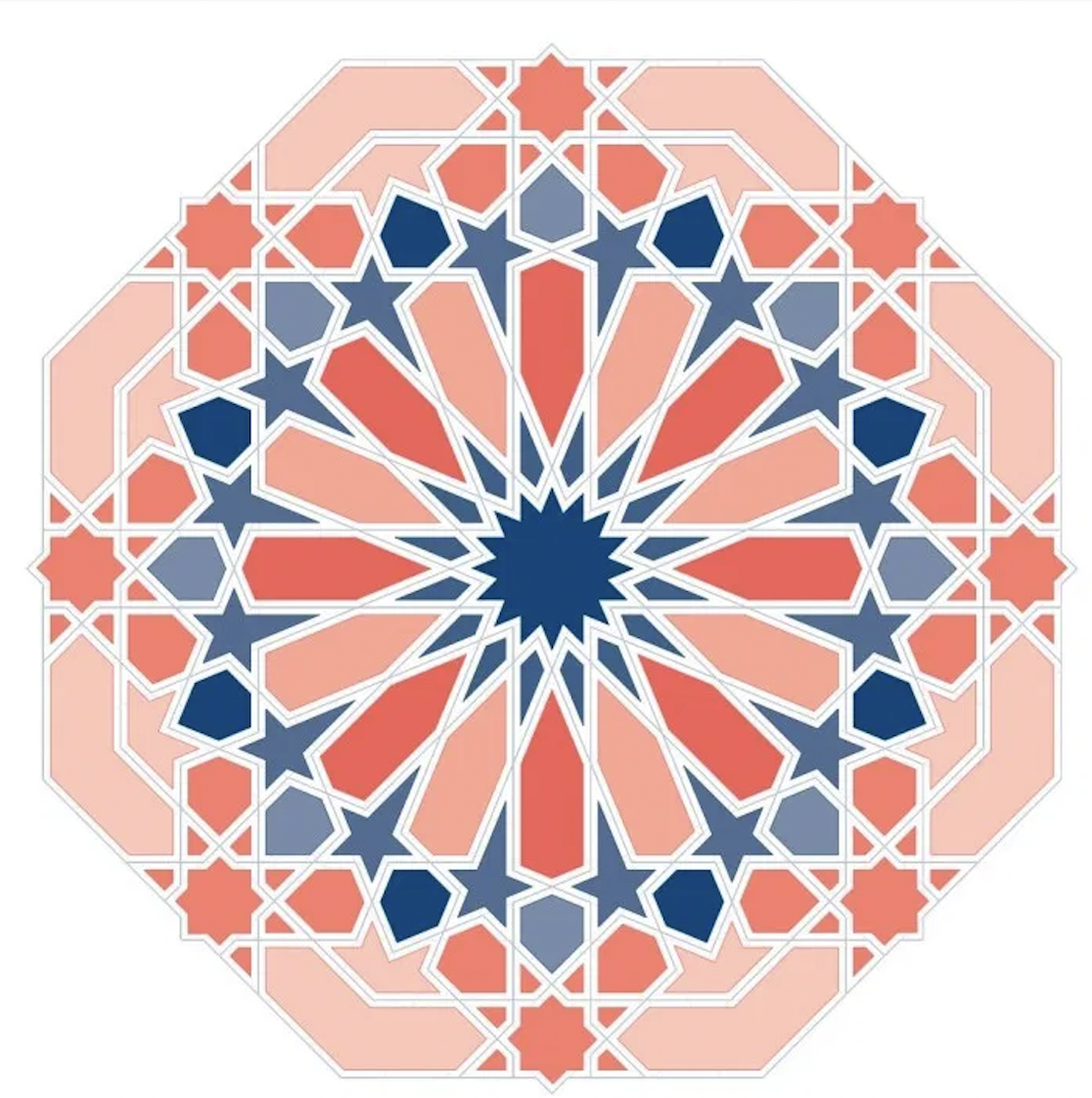A dance-off with occupation: Women, power and resistance
Hawiyya Dabke is an all-female Palestinian dance group based in the UK, who are breaking boundaries and creatively bringing the realities of Palestinian suffering under occupation onto the dance floor and directly to grass roots communities.
In Arabic, Hawiyya means identity; a name befitting this group of women who are fighting for the survival and freedom of the Palestinian people. This dance collective are first and foremost social activists, who use dance, performance and poetry to raise awareness of a brutal occupation.
Shahd Abusalama, one of the founders of the Hawiyya Dance Company says: “We use our performances to promote social justice for Palestinians and other oppressed people, and to celebrate our culture which has been suppressed for decades. Israel has long tried to appropriate the indigenous traditions and arrest, harass and restrict dabke dancers and other artists. We will not allow our culture to be appropriated and defaced by our oppressors!”
Dabke is the traditional folk dance from the Levant region. It is one of the main dance forms in Palestine, and it is the living history of the people and their culture. Since 1948, the dance has become the voice of the voiceless, and a resounding statement of Palestinian identity, existence and resistance.
The meaning of ‘dabke’, is literally ‘stamping of the feet’, and historically was used to inspire people when they were working the land, or joining together to complete communal tasks.
Shahd says: “Dabke is about rootedness, belonging and unity. There is a traditional dabke song ‘Ala Dalouna’ which means ‘let’s go and help’, and is now used as a call for all Palestinians to join together in resistance.”
From the end of the nineteenth century, Jewish settlers started arriving in Palestine. With the creation of the state of Israel in 1948, settlements increased drastically and continue to expand to this day. Many of these settlements are deemed illegal by international law. Yet, Palestinians are still being forcibly removed from their homes. The forced evictions in occupied Jerusalem neighbourhoods, Sheikh Jarrah and Silwan last May, sparked widespread condemnation, and put the spotlight on a crisis that has been going on for decades.
Since 1948, a large number of Palestinians have become refugees scattered across the world, and are not allowed to return to their homeland while Jews from anywhere can claim citizenship under the Law of Return. The Palestinians who remain are basically prisoners in this land with no rights or freedom.
However, Palestinians are a resilient and creative people. Where they have been silenced, they use other means of resistance such as dance.
Hawiyya run dabke workshops all over the world, and spread awareness of the Palestinian cause through grass roots projects and creativity.
Being a women-only dance troupe gives Hawiyya the scope to reach spaces and audiences where mixed-sex groups cannot reach, and this results in their message spreading to a wider crowd.
The dabke empowers women participants to express themselves freely; especially those who have suffered from trauma or abuse. They connect to the message of the dance, and can use it to release their own suffering.
Nadia Sibany is a Hawiyya collective member and dancer who grew up in Nablus, and came to the UK when she was just seven years-old. She joined the group in 2018 after searching for a way to connect more closely with her Palestinian heritage. Nadia has been dancing from a young age, but was not trained in dabke. However, with the worsening of the situation in Palestine over many years, and a sense of isolation from her people, she wanted to be part of the fight for justice.
She says: “I joined Hawiyya because it combined my thirst for social activism with my love of dance. I wanted to be part of a movement which serves as a cultural and political unification for hundreds of thousands of Palestinians denied the right of passage or return to their homeland. Being part of Hawiyya has given me this sense of identity and purpose.
“I love the fact that this is a women’s dance troupe. We are all from diverse backgrounds, and united for the Palestinian cause. Dabke is traditionally seen as a male-led dance, but we are mixing this up and bringing dabke to the present and the future. Women bring a unique perspective to this dance as mothers, sisters, aunts, wives and daughters, and we interpret the movements based on our experiences and realities.”
With the sad state of affairs in Palestine, it is easy to feel powerless. However, Shahd states: “I feel power when I dance the dabke!” She adds: “We have hope, as we don’t have the luxury of despair. Palestine is a reason to live for. Recently I have seen many more people mobilising, and there has been an increased awareness about what is happening to the Palestinians. The Israelis are losing the moral battle.
“We are living in a world where Palestine is being erased from the map. We want to remind the world that we exist, and that we have a beautiful history and culture. And despite Israel trying to destroy us, we will not be erased!”
When asked what supporters of Palestine can do to show solidarity, Shahd says: “We all have a role to play in helping the Palestinians, and it starts with our own circles. Everyone has the power of change in their own hands. Sadly, the mainstream media is manipulating people and fuelling hate. However, we all have a responsibility to find out the truth.”
Hawiyya’s solution for the future is the implementation of the right of return for all refugees, which is already recognised by international law. They also call for the freedom for all people in Palestine, and for everyone to have equality and dignity. These are basic human rights, and are universally recognised, but to quote Marc Lamont Hill and Mitchell Plitnick, “Except for Palestine.”




